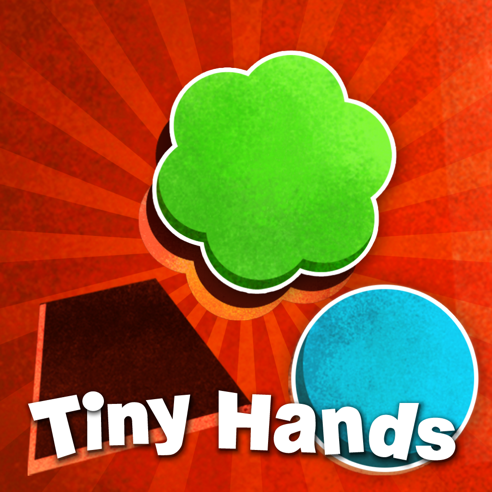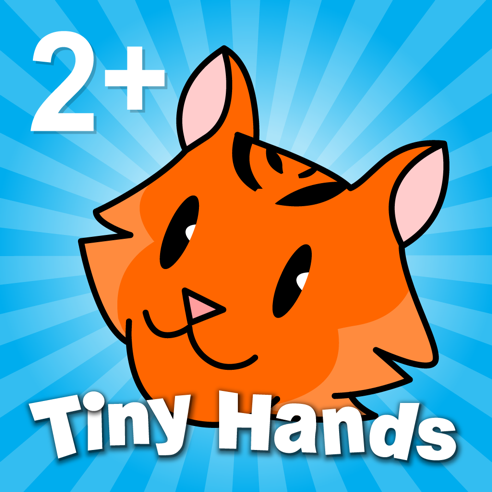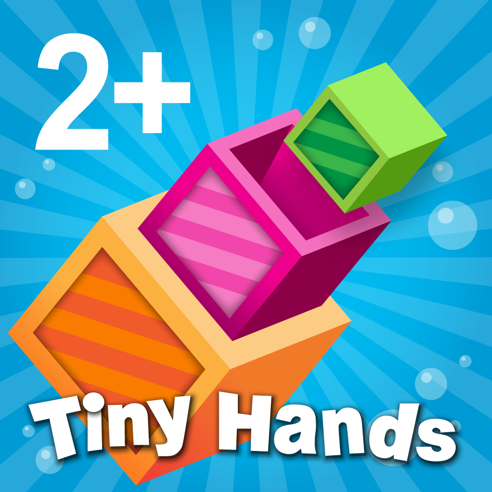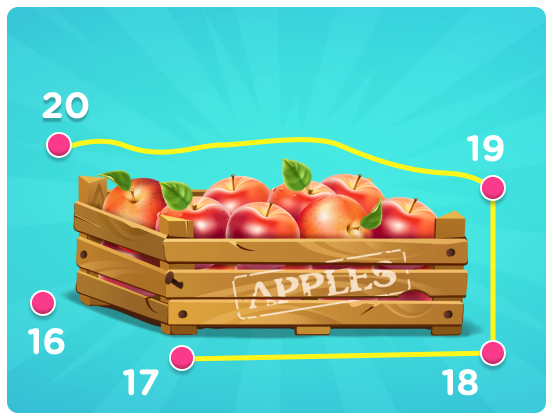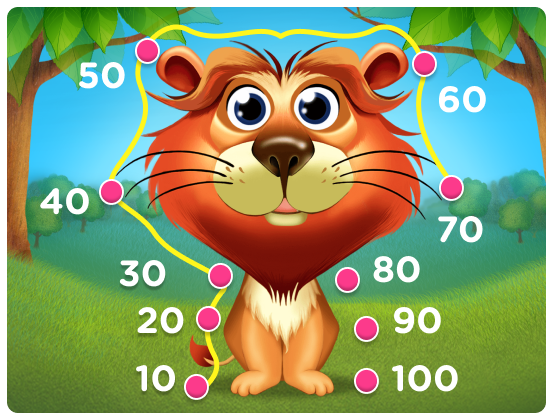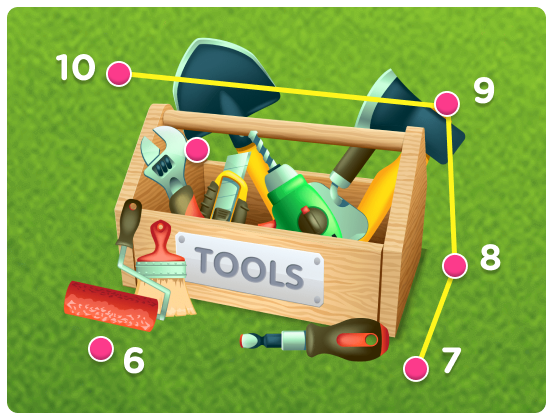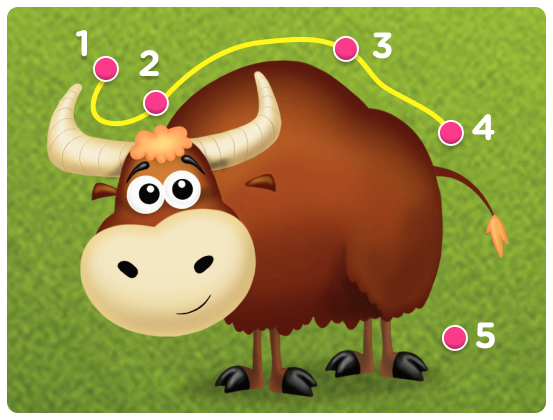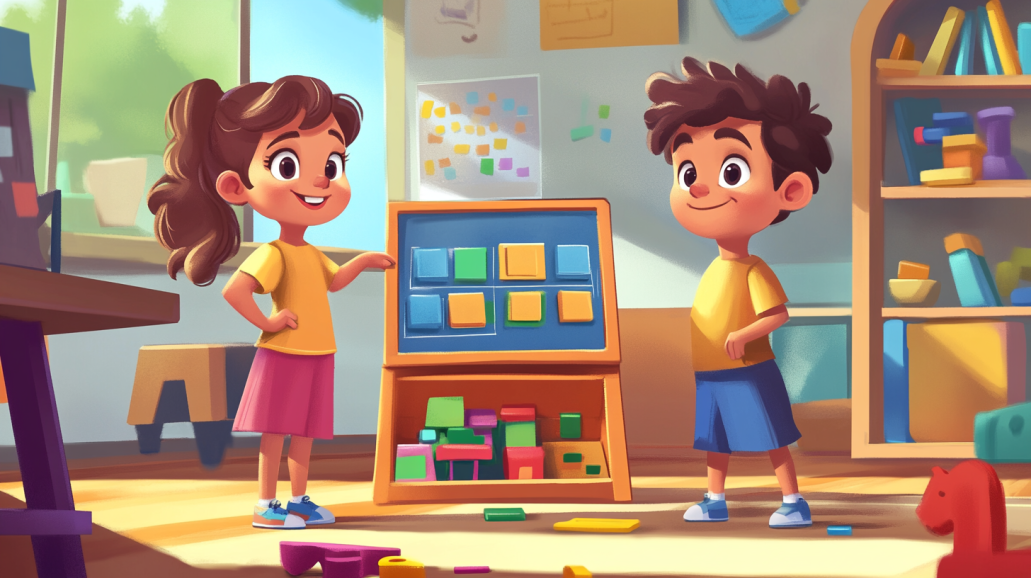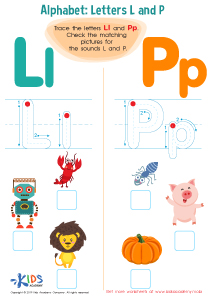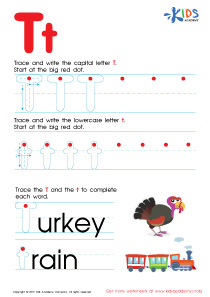Games for Ages 4-6
458 results
Welcome to our enchanting collection of games designed specifically for children ages 4-6! Our carefully curated selection offers a vibrant blend of interactive adventures that will soon expand to the web, promising even more accessibility and fun. Spark your child's imagination and nurture their learning with games that blend play with educational themes, perfectly tailored for their developmental stage. From puzzles that challenge young minds to stories that expand their worldview, our games are built to entertain, educate, and inspire. Dive into a world of wonder and discovery with our games, where every click brings a new adventure for Ages 4-6!
In a world where education and entertainment often intersect, games designed specifically for children ages 4-6 are emerging as powerful tools for early learning. These games, combining interactive elements with age-appropriate challenges, offer a unique platform for young minds to explore, learn, and grow.
The importance of targeting games for ages 4-6 cannot be overstated. This critical stage of development is when children begin to master the basics of reading, writing, mathematics, and critical thinking. By engaging with games crafted with their developmental stage in mind, children are not merely entertained but are also learning in a manner that resonates with their natural curiosity and capacity for learning.
Interactive games, in particular, stand out for their potential to foster learning in an engaging and enjoyable way. These games draw children into virtual worlds that are both fun and educational, encouraging them to solve problems, complete tasks, and achieve goals. As they navigate through these interactive experiences, children develop essential skills such as hand-eye coordination, spatial awareness, and logical thinking. Moreover, these games often incorporate foundational academic concepts, seamlessly integrating learning with play.
The appeal of interactive games for ages 4-6 extends beyond their educational value. They also offer an opportunity for children to develop social skills. Many of these games include features that encourage cooperation, turn-taking, and even competition in a safe and controlled environment. This aspect of gaming can be incredibly beneficial, teaching children how to interact with others, understand different perspectives, and work as part of a team.
The upcoming availability of these games on the web opens up even more possibilities for learning and development. With web-based games, children can easily access a wide range of educational content from any device with an internet connection. This accessibility ensures that valuable learning opportunities are not limited by physical or geographical constraints, allowing children from all backgrounds to benefit from these educational resources.
Moreover, web-based games for ages 4-6 are often updated with new content, ensuring that the learning experience never becomes stale or repetitive. These updates can introduce new concepts, challenges, and activities, keeping the learning experience fresh and exciting for young minds. This dynamic aspect of web-based gaming ensures that children remain engaged and motivated to learn over the long term.
In conclusion, games designed for children ages 4-6 are more than just a source of entertainment. They are a vital educational tool that can significantly enhance early learning and development. The interactive nature of these games, coupled with their upcoming availability on the web, offers children a unique and accessible way to explore the world around them, develop essential skills, and foster a lifelong love of learning. As we continue to recognize and harness the potential of games in education, we can look forward to a future where learning is not only effective but also enjoyable for every child.

